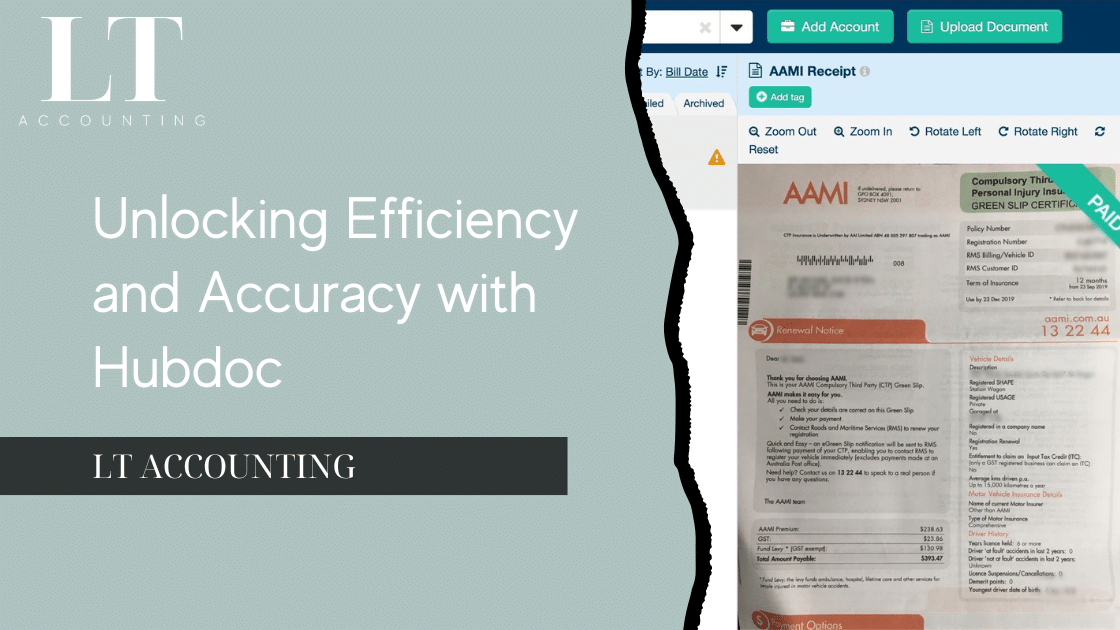In the realm of financial management, understanding various accounting methods is crucial for accurate financial reporting and decision-making. One such method is accrual accounting, which provides a more comprehensive picture of a company’s financial health. This article delves into what is accrual accounting, explaining its principles, benefits, and how it differs from other accounting methods. By the end, you’ll have a clear understanding of the meaning of accrual in accounting and its significance in financial management.
The Meaning of Accrual in Accounting
In accounting, the term “accrual” refers to the process of recognising revenues and expenses when they are earned or incurred, regardless of when the actual cash transactions occur. This fundamental concept underpins the accrual basis of accounting, which aims to provide a more accurate and comprehensive picture of a company’s financial performance and position by aligning income and expenses with the periods in which they are truly relevant.
Understanding Accrual Accounting
Accrual accounting is a method of accounting that recognises revenues and expenses when they are incurred, regardless of when cash transactions occur. This approach provides a more accurate picture of a company’s financial health by matching revenues with the expenses incurred to generate them within the same period.
Key Principles of Accrual Accounting
- Revenue Recognition Principle: The revenue recognition principle states that revenue should be recognised when it is earned and realised or realisable, not necessarily when cash is received. This means that a company recognises revenue when it delivers a product or performs a service, even if payment is received at a later date.
- Matching Principle: The matching principle requires that expenses be matched to the revenues they help generate in the same accounting period. This ensures that a company’s financial performance is accurately represented by correlating income and related expenses.
- Accruals and Deferrals: Accruals involve recognising revenues and expenses that have been earned or incurred but not yet recorded in the accounts. Deferrals, on the other hand, involve postponing the recognition of revenues and expenses until a future accounting period. Examples include prepaid expenses and unearned revenues.
Benefits of Accrual Accounting
- Enhanced Accuracy: By recognising financial transactions when they occur, accrual accounting provides a more precise representation of a company’s financial position and performance. This method avoids the distortions that can arise from the timing of cash flows.
- Better Financial Insights: Accrual accounting offers a comprehensive view of a company’s operational results. It allows for better performance analysis and decision-making by providing a clear picture of income and expenses over specific periods.
- Regulatory Compliance: Most financial reporting standards, including the International Financial Reporting Standards (IFRS) and Generally Accepted Accounting Principles (GAAP), require accrual accounting. Compliance with these standards ensures transparency and consistency in financial reporting.
Common Accrual Accounting Adjustments
- Accrued Revenues: These are revenues that have been earned but not yet recorded or invoiced. For example, a consulting firm might complete a project in December but not invoice the client until January. The revenue for this project would be accrued in December.
- Accrued Expenses: These are expenses that have been incurred but not yet paid or recorded. For example, a company might receive a utility bill in January for electricity used in December. The expense would be accrued in December, when the electricity was used.
- Deferred Revenues: Deferred revenues, also known as unearned revenues, are payments received in advance for services or products to be delivered in the future. For example, a software company might receive an annual subscription payment upfront. This payment is recognised as deferred revenue and gradually recognised as income over the subscription period.
- Prepaid Expenses: Prepaid expenses are payments made in advance for services or products to be received in the future. For example, a business might pay for a year’s worth of insurance in January. The cost is initially recorded as a prepaid expense and then expensed over the course of the year.
Challenges of Accrual Accounting
- Complexity: Accrual accounting is more complex than cash accounting. It requires detailed record-keeping and frequent adjustments to accurately match revenues and expenses within the correct periods.
- Potential for Misinterpretation: Due to the need for estimates and judgements, such as in the valuation of receivables and inventory, there is a risk of misinterpretation or manipulation of financial results.
- Cash Flow Considerations: While accrual accounting provides a better picture of long-term profitability, it does not directly track cash flow. Businesses must also manage cash flow effectively to ensure they have enough liquidity to meet short-term obligations.
Conclusion
Accrual accounting is a fundamental accounting method that offers a realistic view of a company’s financial status by recognising economic events regardless of cash transactions. While it is more complex and requires diligent management, the benefits of improved accuracy, compliance with regulatory standards, and better financial insights make it an essential practice for most businesses. Understanding and effectively implementing accrual accounting can significantly enhance financial reporting and decision-making processes.
Benefits of Accrual Accounting
Drawbacks of Accrual Accounting
While accrual accounting provides a more accurate representation of a company’s financial position than cash accounting, it is not without its drawbacks. The complexities and potential issues associated with accrual accounting can pose significant challenges for businesses. Here are the primary drawbacks of accrual accounting:
1. Complexity and Time-Consuming
Accrual accounting is inherently more complex than cash accounting. It requires meticulous record-keeping and regular adjustments to ensure that revenues and expenses are recognised in the correct accounting periods. This complexity can be time-consuming and often requires a higher level of accounting expertise, making it more challenging for small businesses or those without specialised accounting staff.
2. Increased Costs
The complexity of accrual accounting can lead to increased costs. Businesses may need to hire experienced accountants or invest in more sophisticated accounting software to manage accruals effectively. These additional costs can be a burden, particularly for small businesses or startups operating on tight budgets.
3. Estimations and Judgements
Accrual accounting often involves making estimates and judgements about future events. For example, businesses must estimate bad debt expenses, depreciation, and other provisions. These estimates can introduce a degree of uncertainty and potential bias into the financial statements, impacting their accuracy and reliability. Misestimations can lead to significant financial misstatements.
4. Cash Flow Management Challenges
While accrual accounting provides a comprehensive view of financial performance, it does not directly track cash flow. This can make it more difficult for businesses to manage their cash flow effectively. Without a clear picture of cash inflows and outflows, companies may struggle to ensure they have sufficient liquidity to meet short-term obligations, potentially leading to cash shortages or liquidity crises.
5. Potential for Misinterpretation
The need for estimates and adjustments in accrual accounting can lead to potential misinterpretation of financial results. Stakeholders may misinterpret the financial health of a company if they do not understand the nuances of accrual accounting. For instance, recognising revenue before receiving cash can make a company appear more profitable in the short term, which might not reflect its actual cash position.
6. Increased Risk of Manipulation
Accrual accounting’s reliance on estimates and judgements opens up opportunities for financial manipulation. Managers may manipulate accruals to present a more favourable financial picture, such as inflating revenues or deferring expenses. This practice, known as earnings management, can mislead investors and other stakeholders about the true financial performance of the company.
7. Regulatory and Compliance Burden
While compliance with financial reporting standards like IFRS and GAAP is a benefit, it also imposes a significant burden. These standards require detailed disclosures and rigorous adherence to accounting principles, which can be challenging to maintain. Non-compliance can result in legal and financial penalties, damage to reputation, and loss of investor confidence.
8. Requires Regular Review and Adjustment
Accrual accounting requires regular review and adjustment of financial records to ensure accuracy. This ongoing maintenance can be resource-intensive and requires consistent attention to detail. Businesses must continuously monitor accruals and deferrals to ensure that financial statements remain accurate and up-to-date.
Conclusion
While accrual accounting offers a more accurate and comprehensive view of a company’s financial health, it also presents several challenges. The complexity, increased costs, reliance on estimates, and potential for misinterpretation or manipulation can be significant drawbacks. Businesses must weigh these challenges against the benefits of accrual accounting and ensure they have the necessary resources and expertise to implement and maintain this accounting method effectively. By understanding and mitigating these drawbacks, companies can better leverage the advantages of accrual accounting to achieve accurate financial reporting and informed decision-making.
FAQs About Accrual Accounting
So What Is Accrual Accounting?
Accrual accounting is a vital method for accurate financial reporting, providing a comprehensive view of a company’s financial health. By understanding the meaning of accrual in accounting and its principles, businesses can make informed decisions and plan for the future effectively. Despite its complexity, the benefits of accrual accounting make it an essential tool in modern financial management.





